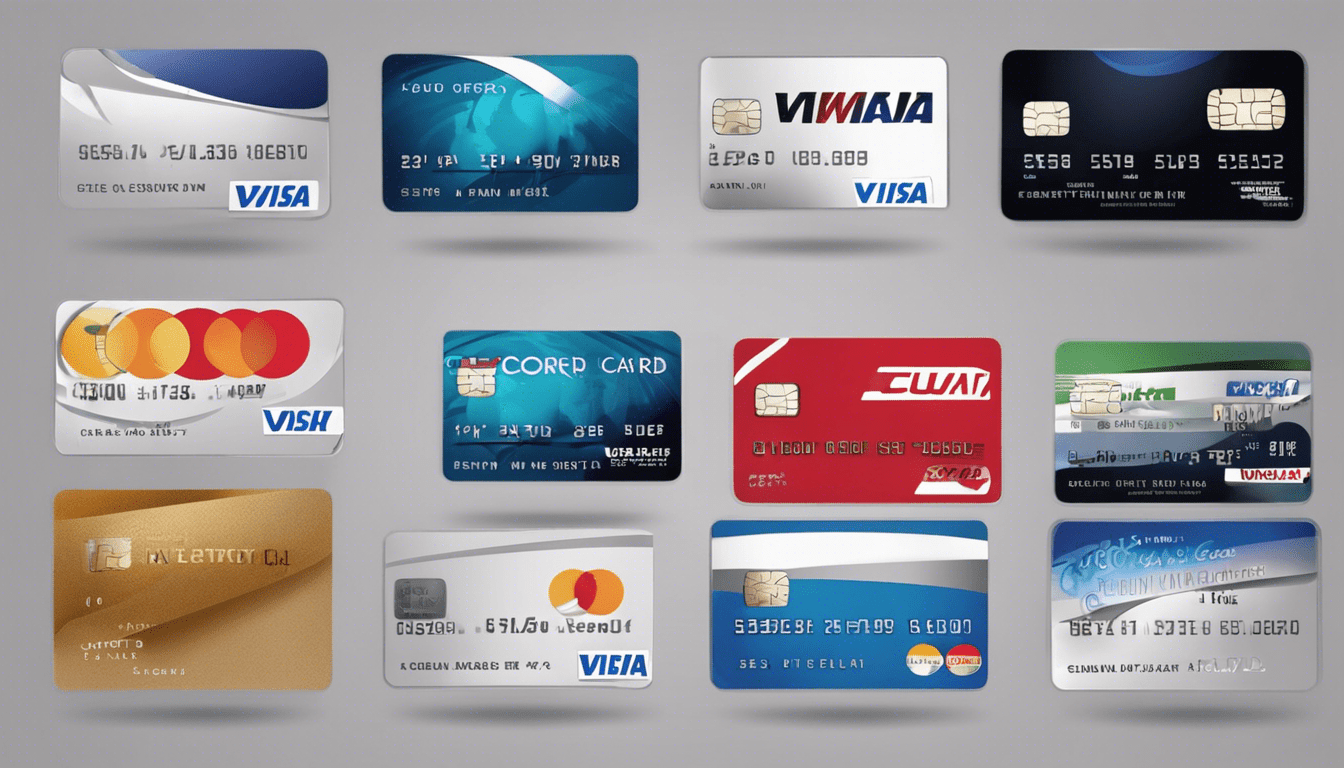How Do Balance Transfer Cards Impact Your Credit Score? Exploring the Nuances

Introduction:
Balance transfer cards can be a smart financial move for managing debt, but their impact on your credit score can vary. Understanding how these cards affect your credit is crucial for maintaining financial health. In this article, we will explore the intricacies of balance transfer cards and their influence on your credit score, providing expert insights and practical advice.
How Do Balance Transfer Cards Impact Your Credit Score? Exploring the NuancesQ&A Section:
Q1: What Are Balance Transfer Cards and How Do They Work?
A1: Balance transfer cards allow you to move existing credit card debt to a new card, often with a lower interest rate for a promotional period. This can help you save on interest and pay off debt faster. However, it’s essential to consider the transfer fees and the terms after the promotional period ends.
Q2: How Can a Balance Transfer Affect My Credit Score?
A2: A balance transfer can impact your credit score in several ways:
- Credit Utilization Ratio: Transferring a balance to a new card increases your total available credit, potentially lowering your credit utilization ratio, which can positively impact your score.
- New Credit Inquiry: Applying for a new card results in a hard inquiry on your credit report, which might temporarily lower your score.
- Average Age of Accounts: Opening a new account can reduce the average age of your credit accounts, which may negatively affect your score.
Q3: What Are the Best Practices for Using Balance Transfer Cards?
A3: To maximize benefits and minimize risks, consider the following strategies:
- Pay Off Debt During the Introductory Period: Aim to clear your balance before the promotional rate ends to avoid higher interest rates.
- Avoid New Purchases: Use the card solely for debt repayment to prevent accruing more debt.
- Monitor Your Credit Report: Regularly check your credit report to ensure accuracy and track changes in your score.
Conclusion:
Balance transfer cards can be a valuable tool in managing debt, but it’s crucial to understand their impact on your credit score. By maintaining a low credit utilization ratio, minimizing new credit inquiries, and managing your accounts wisely, you can leverage these cards to improve your financial standing. Consider consulting with a financial advisor for personalized advice tailored to your unique situation.
Additional Resources:
By understanding the dynamics of balance transfer cards, you can make informed decisions that support your financial goals while safeguarding your credit score.





I will not hesitate to come back to this blog to read your next articles.
Thank you for these step-by-step explanations, it makes everything so much clearer!